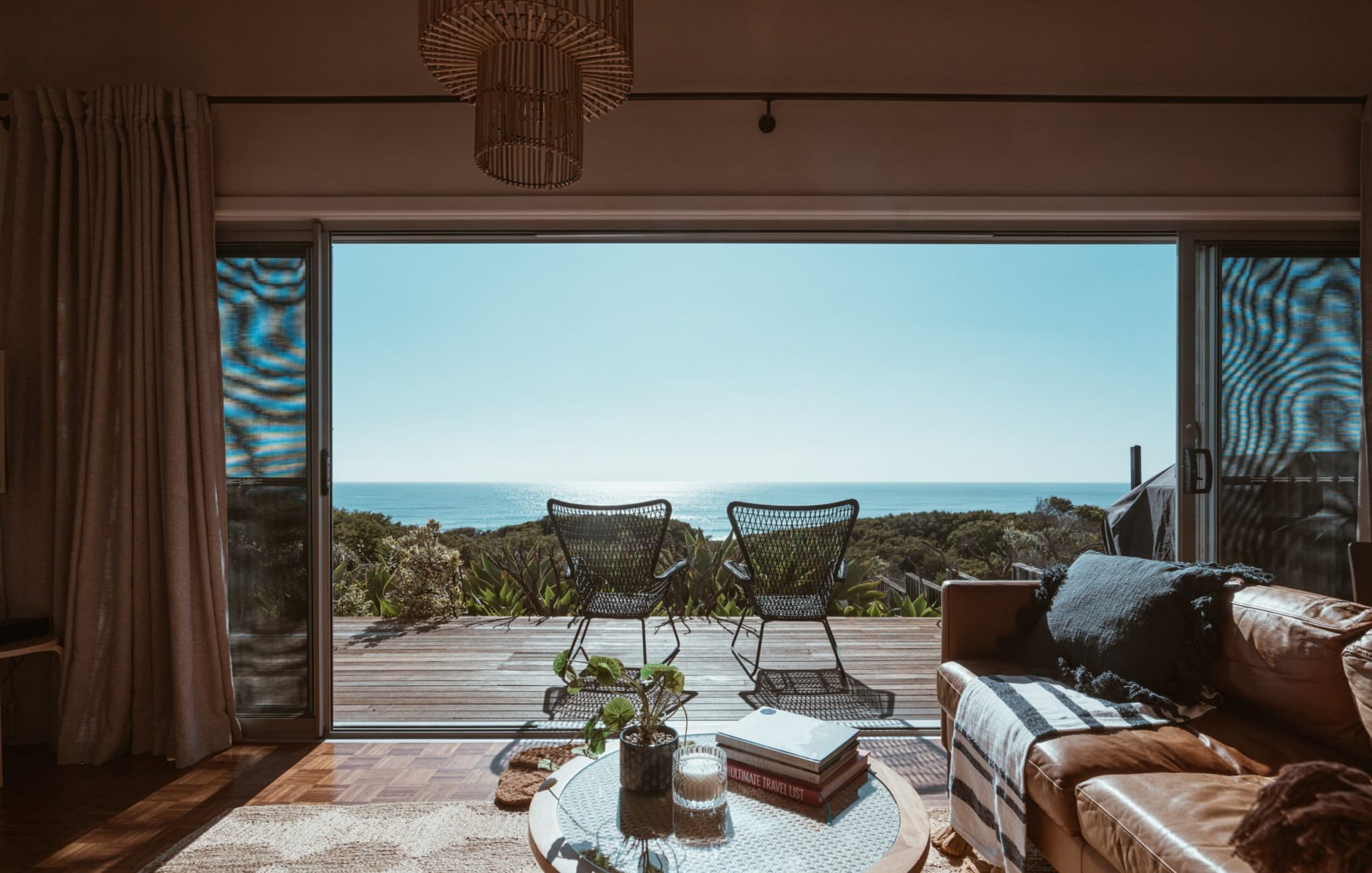Many foreigners and citizens of Croatia rent apartments and houses. This is because rent is very affordable in comparison to other countries. For example, the average monthly rental in Split costs 462.68 euros per month. But deciding whether you want to find an apartment for short-term vs long-term rent is tricky. Of course, it all depends on your situation. Like most of the world, in Croatia, monthly rentals primarily consist of short-term agreements, whereas long-term rentals are annual leasing contracts. So the question is, which one is better? Considering the pros and cons will help you decide if you need clarification on your answer.

Why rent?
No strings attached – that’s the best way to put it. As a renter, there are no responsibilities for maintenance because it’s someone else’s problem. So even if you have some repairs to cover, the spending is minimal. Secondly is the beauty of the flexibility that comes along with renting. And lastly, the big one, of course – no downpayment.
Lease vs Rental Agreement
For clarification, let’s review the lease and rental agreement definitions. This will help you understand the difference between short-term, month-to-month and long-term rentals. Lease agreements usually refer to tenancies longer than 12 months, including a contract with terms and conditions and a fixed term. On the other hand, a rental agreement refers to short-term or month-to-month occupancies without a fixed term that can be broken anytime.
Short-Term Agreements vs Monthly Rentals
There are two forms of short-term rentals. First is a short-term rental under 30 days. These properties come fully furnished, with utilities and appliances included. Some of them even include exceptional amenities like swimming pools. Such properties can be rented from two nights to thirty days. For instance, you’re travelling throughout Croatia and plan on spending one week in Split, two weeks in Dubrovnik and a week in Zagreb. In this scenario, you would resort to a short-term rental in three different properties. This type of agreement is a popular choice for leisure or business travellers not staying in one place for an extended period.
Another form of short-term rental is called month-to-month. As the name speaks for itself, you pay for this type of property month-to-month. A monthly rental is the most suitable option if you’re looking for a property for a couple of months but not an entire year. It’s still a short-term rental because it requires no contract or commitment. For example, you want to spend two summer months enjoying the beautiful Adriatic coast in Croatia. At any given moment, you can pack your bags and leave. Or, if you love it more than expected, a monthly rental will give you the liberty to extend your stay upon availability. Once again, both business and leisure travellers may resort to this choice depending on their travel duration.
Pros of short-term rentals
- You can move freely if you have a sudden change in plans.
- Apartments/ houses come fully furnished
- Utilities are included
- Some properties may have amenities ( a swimming pool, sauna, gym etc.)
Cons of short-term rentals
- Short-term rentals can be more expensive than long-term rentals.
- Most short-term stays don’t have rental agreements, which can lead to disagreements.
- The price is usually non-negotiable.
- Your space isn’t personalized, as apartments come furnished.
Long Term Rentals
Individuals relocating for business or personal reasons resort to this option because they need a semi-permanent place to stay and more stability than a short-term agreement. Long-term rentals are suitable if you plan on staying somewhere for a particular time – most often at least a year. Based on preference, some properties may come furnished, but most are not.
Pros of long-term rentals
- Most long-term rentals are more affordable because a lease is typically secured with a contract.
- Monthly rates can’t increase due to the agreement.
- Long-term leases are fixed. Therefore you don’t need to worry about being told to move out a month before
- Your space can be personalized with your furniture, decor etc.
Cons of long-term rentals
- Since long-term leases are often fixed, changing your accommodation choices can be complicated.
- First and last month payments may be required upfront.
- A deposit may be needed.
- Less flexibility than a short-term or monthly rental.

Find your Croatia Monthly, Short-Term or Long-Term Rental with Rimac Real Estate!
In Croatia, monthly rentals, short-term agreements and long-term leases are all available options. Therefore our professional team of real estate experts in Croatia can help you find long or short-term rental properties across the country, depending on your needs. Ready to enjoy the beauty of Croatia?
Or buy property in Croatia!
After reviewing the pros and cons of renting, you may be interested in buying an apartment or house in Croatia instead. No problem, we can assist with this as well!




